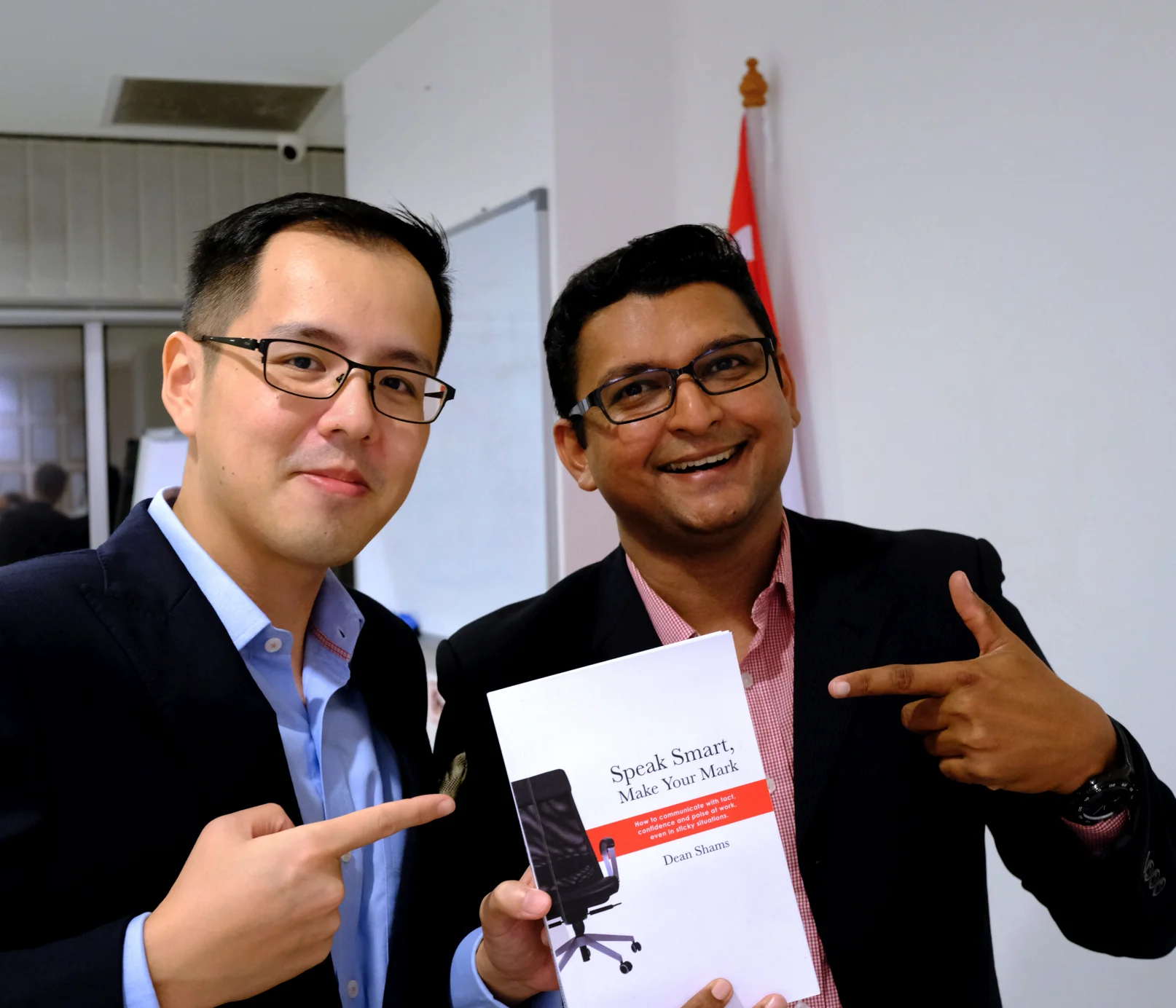Last night, I learned something:
There are no facts about the future because it hasn't happened yet.
What that means is that everything you hear about the future is opinion.
We can, of course, make educated guesses and predictions. We can base them on past experiences and present observations, but they will still be nothing more than guesses.
That said, it doesn't mean that we don't need to prepare for it.
That's why I attended Charlie's event.
Charlie shared a great deal of information, backed up by statistics and articles, about what he sees the future will be.
Of note are the following points:
1) The Information Economy will make way for the Intelligence Economy, which will be slow at first but will improve exponentially.
When this happens, we can expect a greater disruption than when the Industrial Economy transitioned into the Information Economy. This is partly due to the fact that information itself is inherently passive. It cannot act on its own but only in tandem with other factors.
As with all fledgling technologies, Artificial Intelligence (AI) is in its stage of infancy. It can do simple tasks now, but will pick up speed in the coming years until it 'suddenly' makes a breakthrough, one that will allow its ascension into the foremost technology of its time.
2) Preparing for the future requires us to IMAGINE the future
If there is one thing we can do that machines cannot, it is the ability to dream, imagine and envision.
If we don't first imagine a future that we want to live in, someone (or something) else will. And when they create it, we no longer get it a say in it.
3) For businesses, disruption can come in two forms: Supply Disruption and Demand Disruption
Supply disruption is the easier one to look out for. For example, instead of hiring an insurance agent, peer-to-peer insurance may develop and take over the market. Personal AI Assistants may also become so proficient at weighing between policies that they can recommend the most cost-effective solution.
Demand disruption, on the other hand, tends to be harder to spot, unless you are adept at joining all the dots. In the same example of insurance, self-driven cars of the future may make the roads so safe and, because they are not owned by any one individual at a time, may need little to no car owner's insurance at all. In the same vein, if disease prevention becomes so powerful that people almost never get any diseases, health insurance policies are going to see a dip as well.
There are so many factors and forces that are at work that it is very difficult to predict what will happen and even more difficult to see what will happen because of what happens.
For now, it is becoming ever more important for businesses to explore new avenues even as they are exploiting the markets of today.
Thank you, Charlie, for sharing your thoughts and knowledge on the subject. It has sparked a lot of thoughts and, I imagine, many future conversations.







